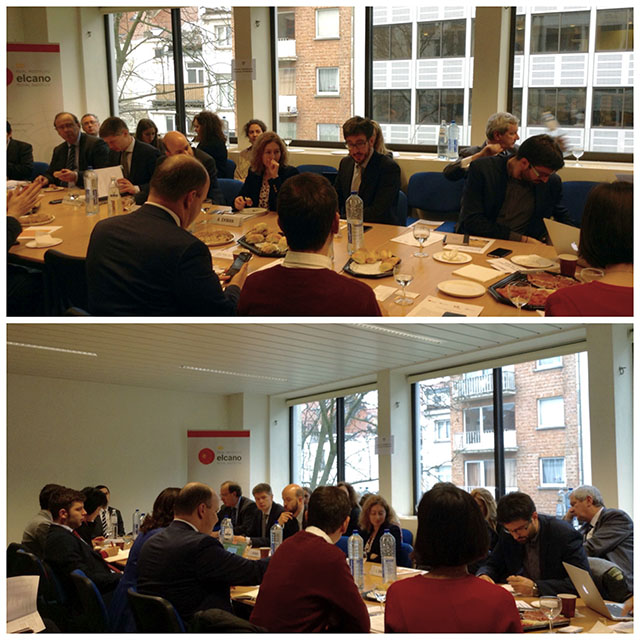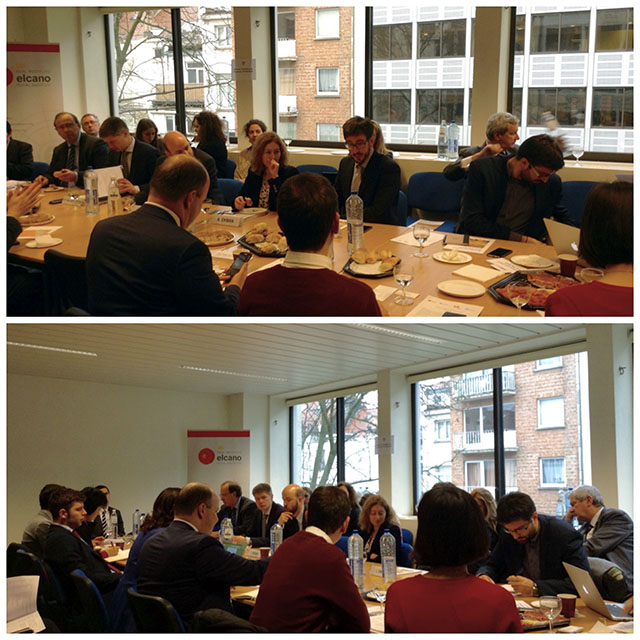As China elaborates on the design of its Belt and Road Initiative (OBOR), the place of Europe within this project is slowly but surely taking shape. From rail projects in Poland and Germany to port projects in Greece and Latvia, Europe is a converging point for both the overland and maritime dimensions of China’s grand project. But while it offers a number of opportunities for investment and economic development, OBOR does not present the same across Europe and is even viewed with scepticism in some capitals.
This seminar presented and discussed the findings of the latest report by the European Think-tank Network on China (ETNC) that seeks to flesh out some of these varying perspectives. Based on a case study analysis of fourteen countries within the EU, the report took a “bottom-up” approach, examining the development of the OBOR project within each country, as well as at the EU institutional level. During the seminar, some of the report’s authors discussed China’s approach to Europe and European responses within the context of OBOR.
The participants were:
- Frans Paul van der Putten, Senior Research Fellow, Clingendael and lead coordinator of the report.
- Alice Ekman, Research Fellow, Head of China research, Center for Asian Studies, Ifri.
- John Seaman, Research Fellow, Center for Asian Studies, Ifri.
Discussant: Daniel Guyadere, Senior Advisor for Asia and the Pacific, European External Action Service (EEAS).



